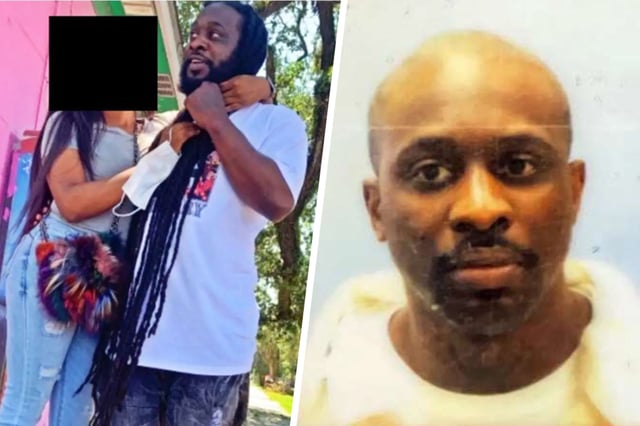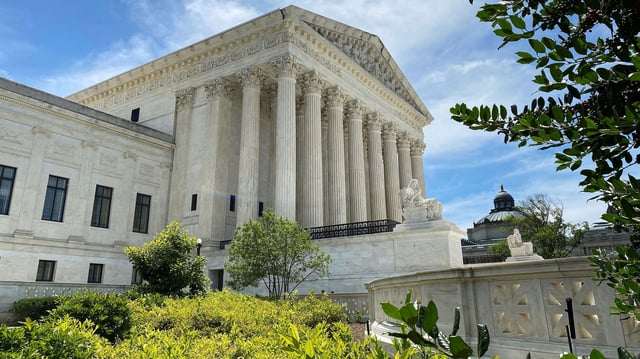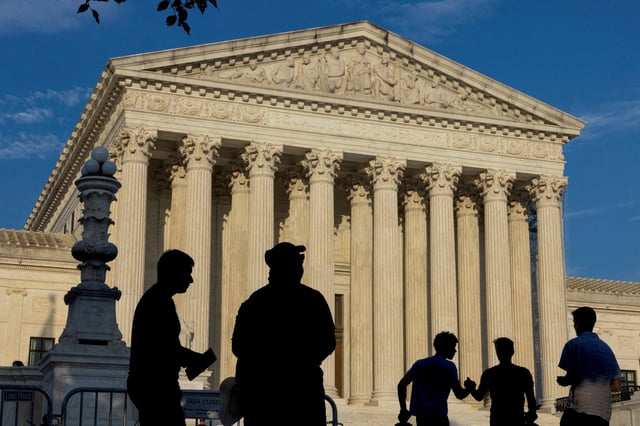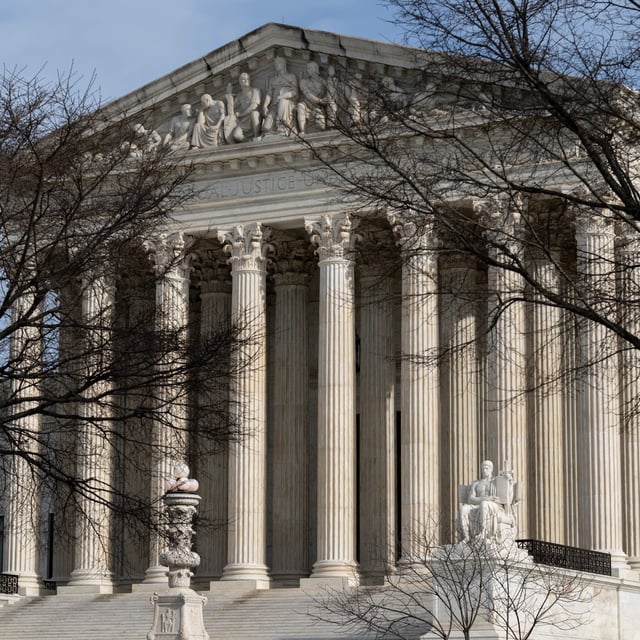Overview
- Damon Landor, a devoted Rastafarian, upheld a vow to grow his dreadlocks for nearly 20 years before his 2020 incarceration for drug possession in Louisiana.
- After his transfer to Raymond Laborde Correctional Center, guards discarded a 2017 appeals ruling protecting his hairstyle and forcibly shaved his hair while he was restrained.
- Federal and Fifth Circuit courts affirmed that RLUIPA does not allow individual state officials to be sued for damages, even as they condemned his treatment and noted Louisiana’s revised grooming policy.
- More than 30 interfaith organizations and the Justice Department backed Landor’s petition, citing a 2020 Supreme Court ruling that permitted damages under the similarly worded RFRA.
- Oral arguments in Landor v. Louisiana Department of Corrections are scheduled for the term beginning October 2025, with a decision expected by summer 2026.



